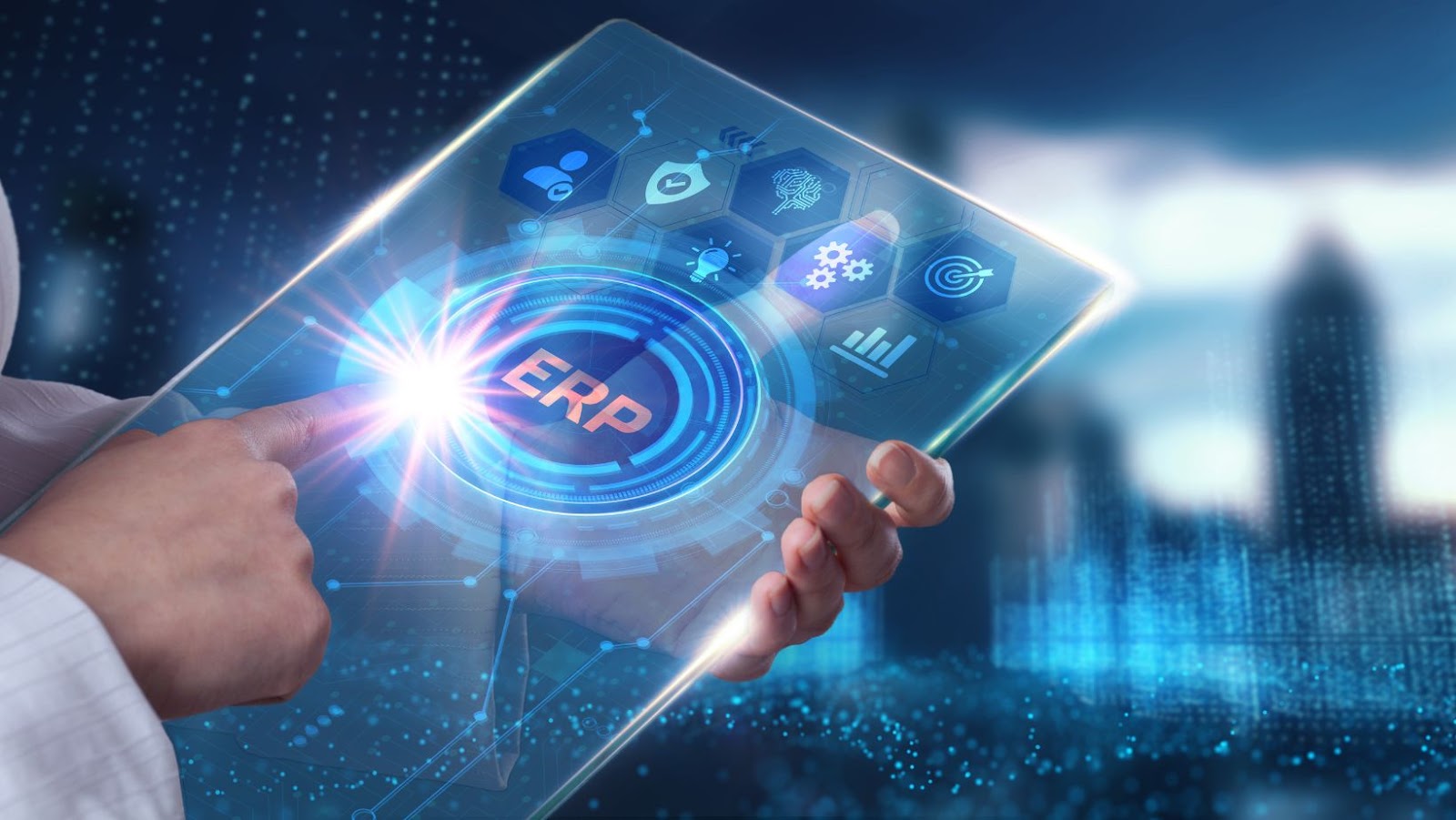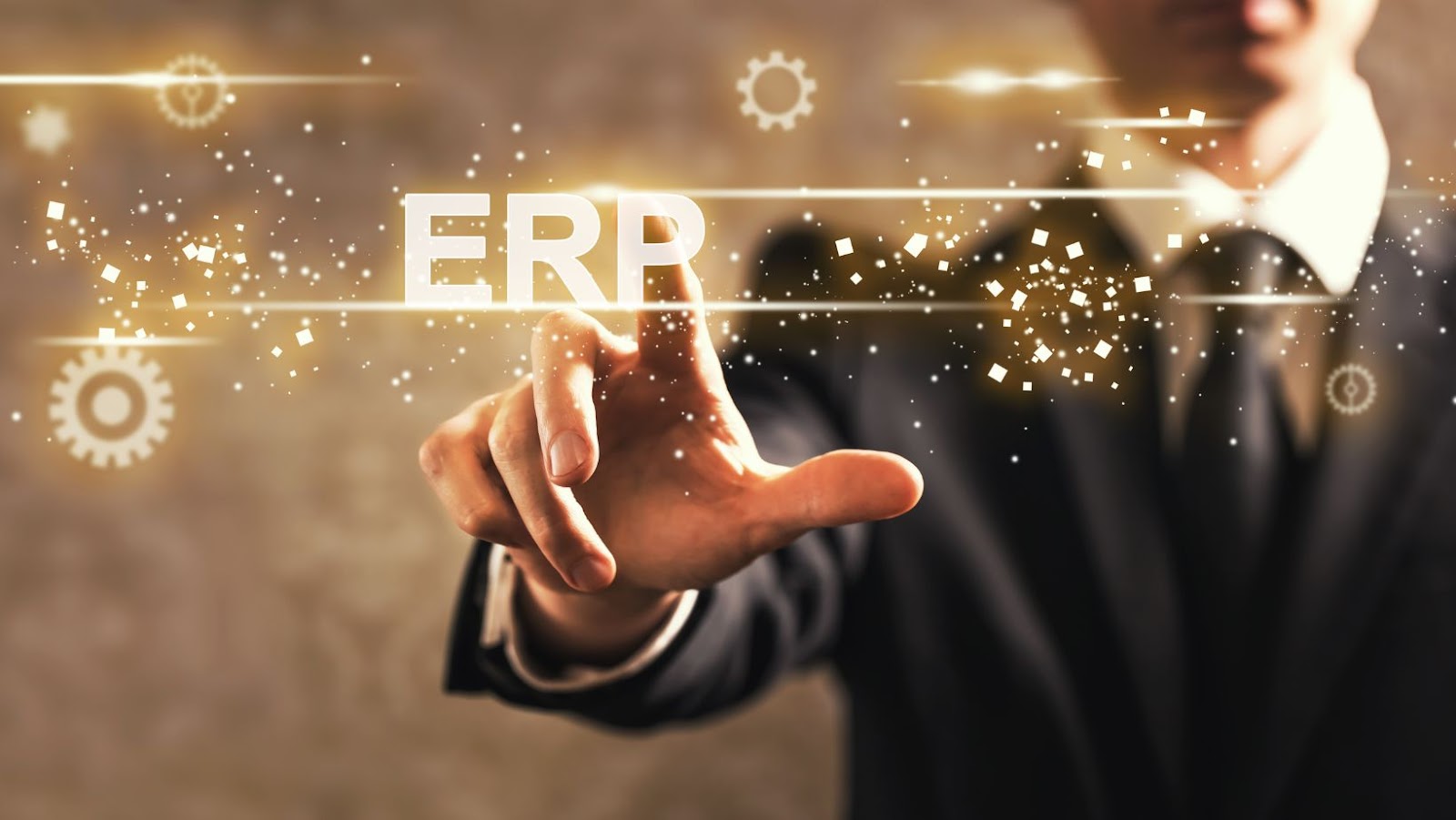 Restaurant ERP Software
Restaurant ERP Software
Restaurant ERP software centralizes critical operations within a single platform. It integrates front-of-house activities, such as reservations and customer management, with back-of-house functions like inventory control, kitchen operations, and supplier management. By consolidating these elements, ERP systems enhance operational efficiency.
Key features of restaurant ERP software include financial management, payroll processing, and employee scheduling. Financial management tools automate billing and invoicing, while payroll processing ensures timely and accurate salary distribution. Employee scheduling optimizes staff shifts to meet fluctuating demand.
Real-time analytics provide actionable insights into customer preferences, sales trends, and resource allocation. For instance, restaurants use these insights to adjust menus, manage staffing levels, and control costs more effectively. Automated reporting facilitates quick decision-making and strategic planning.
Cloud-based ERP solutions offer scalability and remote access, essential for multi-location restaurants. These solutions support seamless data sharing across branches, ensuring consistency and comprehensive oversight.
Choosing the right ERP software requires careful evaluation of features, integration capabilities, and vendor support. Restaurants achieve success by aligning ERP functionalities with their specific operational needs and strategic goals.
 Key Features of Restaurant ERP Software
Key Features of Restaurant ERP Software
Restaurant ERP software enhances operational efficiency by incorporating essential features tailored to the industry’s needs.
Inventory management in restaurant ERP software ensures precise tracking and control of stock levels. Automated alerts, integration with suppliers for seamless reordering, and detailed usage analytics are key aspects. These components help reduce waste and guarantee that ingredients remain available to support menu offerings.
Order processing becomes streamlined through ERP software by optimizing order entry, tracking, and delivery fulfillment. Features like integrated POS systems, real-time order updates, and digital receipt management improve accuracy and reduce human errors. This facilitates faster service and enhances the customer’s dining experience.
Employee scheduling within ERP software simplifies creating and managing shift patterns. It offers features like automated schedule generation based on historical data, real-time adjustments for staffing needs, and compliance checks with labor laws. These capabilities ensure optimal staffing levels and boost employee satisfaction by accommodating availability and preferences.
Customer relationship management (CRM) features in the software enable personalized interactions and loyalty program management. These include customer data collection and segmentation, targeted marketing campaigns, and feedback management. CRM tools help build stronger customer relationships and increase retention through tailored experiences.
Benefits of Implementing ERP Solutions in Restaurants
Restaurant ERP solutions offer numerous advantages that significantly impact both the operational and financial aspects of the business. These systems streamline processes and provide a competitive edge by optimizing various core functions.
ERP systems enhance efficiency by automating repetitive tasks and integrating multiple processes across departments. Order management becomes seamless as orders are synchronized from the point-of-sale system directly to the kitchen, reducing errors and wait times. Inventory management benefits from accurate stock level tracking and automated replenishment alerts, ensuring ingredients are always available and minimizing waste.
With ERP software, data accuracy vastly improves due to real-time updates and centralized data storage. This integration ensures that all departments access the same information, eliminating discrepancies and manual entry errors. The result is reliable reports and analytics that support informed decision-making. Restaurants can track customer preferences and trends more effectively, allowing for more personalized marketing efforts and menu adaptations.
ERP solutions offer robust financial management tools that cater to the specific needs of restaurants. Automated processes for payroll, accounts payable, and accounts receivable improve cash flow management and reduce the risk of human errors. Financial dashboards provide comprehensive insights into revenue streams and expenditures, helping managers identify cost-saving opportunities and ensuring regulatory compliance. With these tools, restaurants can maintain fiscal health and allocate resources more strategically.
Restaurant ERP software is a game-changer for the culinary industry offering a streamlined approach to managing complex operations. By integrating critical functions into a single platform it empowers restaurants to optimize efficiency and enhance the dining experience. Real-time analytics and automation drive informed decision-making while cloud-based solutions offer the flexibility needed for multi-location establishments. As the industry evolves selecting the right ERP software becomes crucial for maintaining competitiveness and achieving strategic goals. Investing in a solution that aligns with specific operational needs not only improves workflow but also fosters stronger customer relationships ensuring long-term success in the dynamic restaurant landscape.